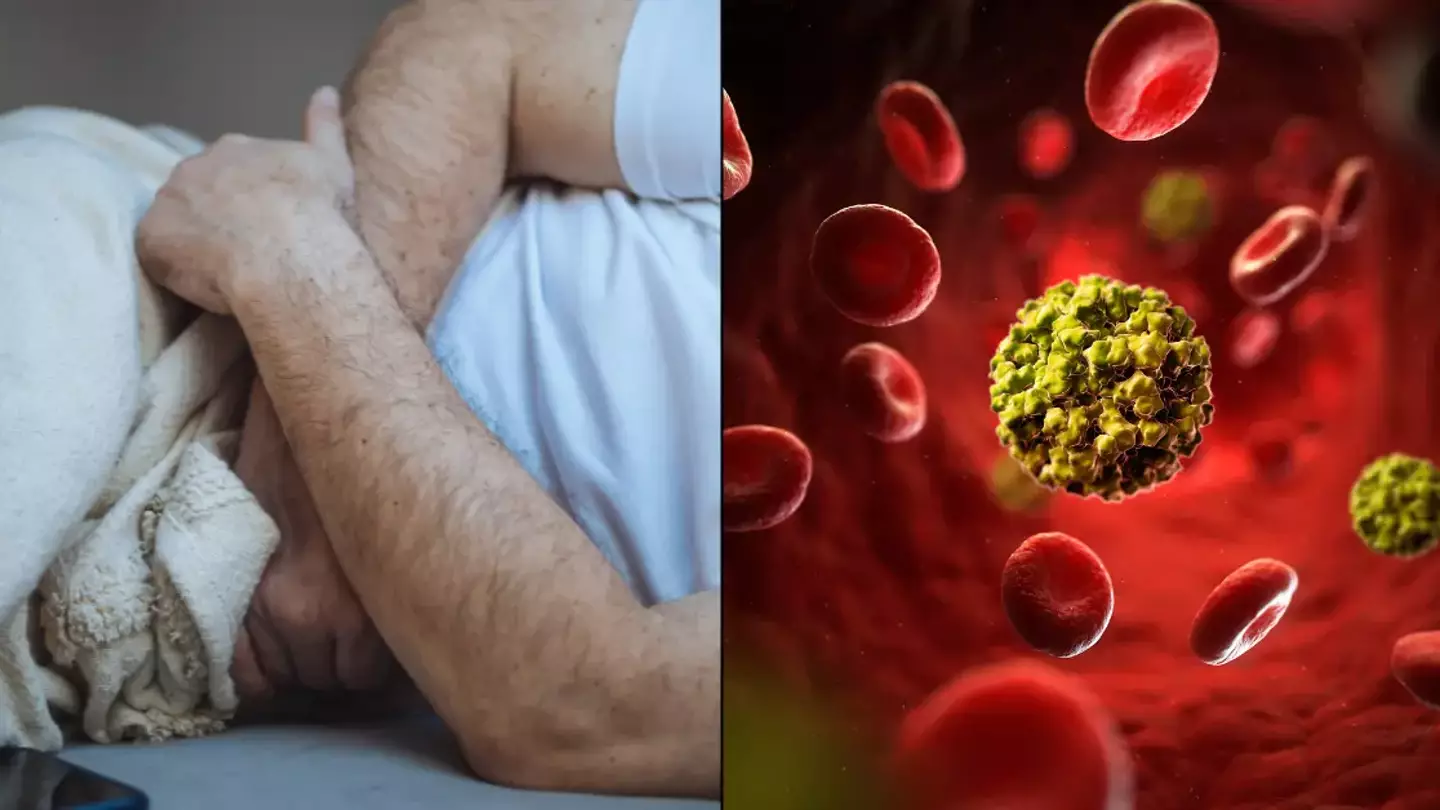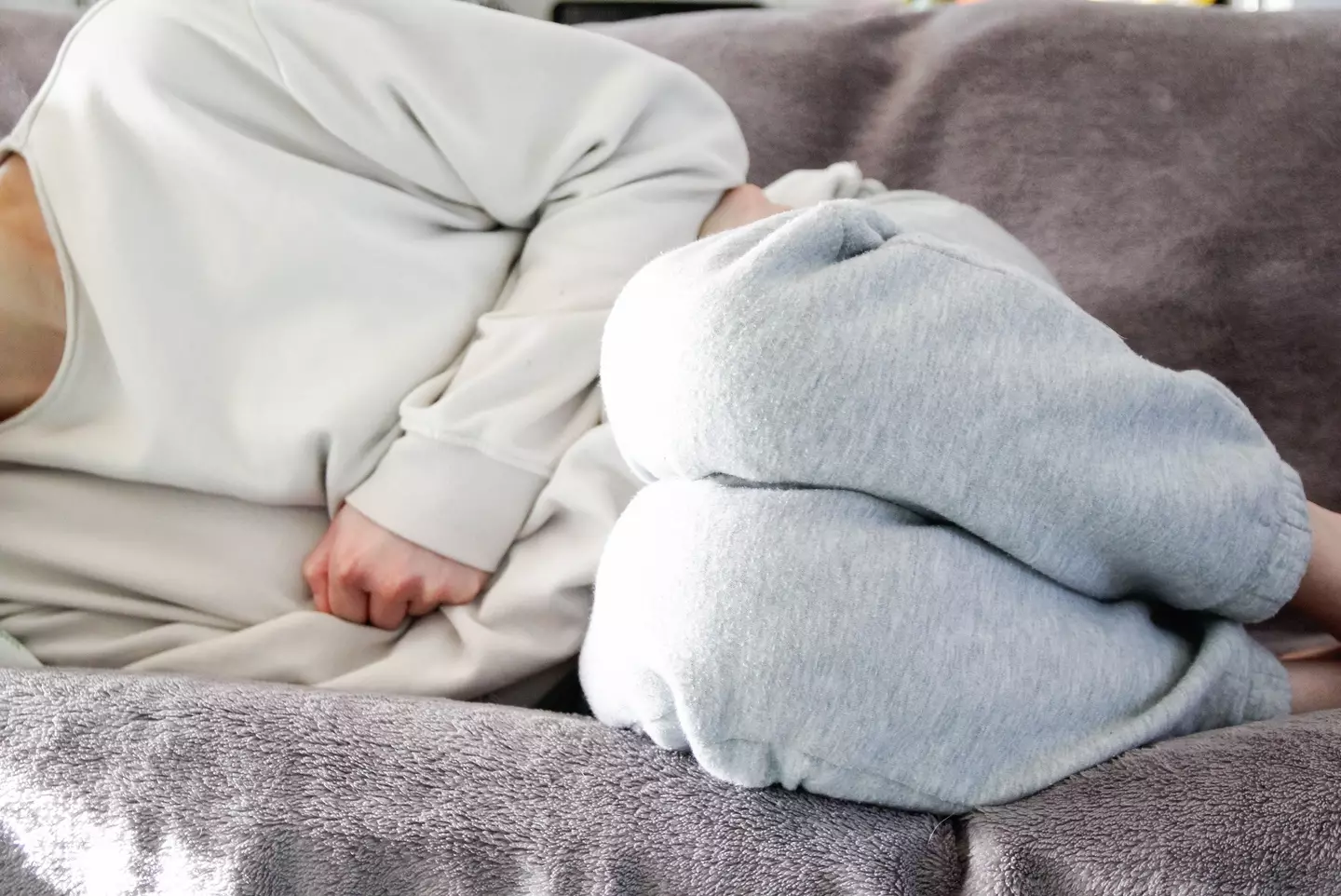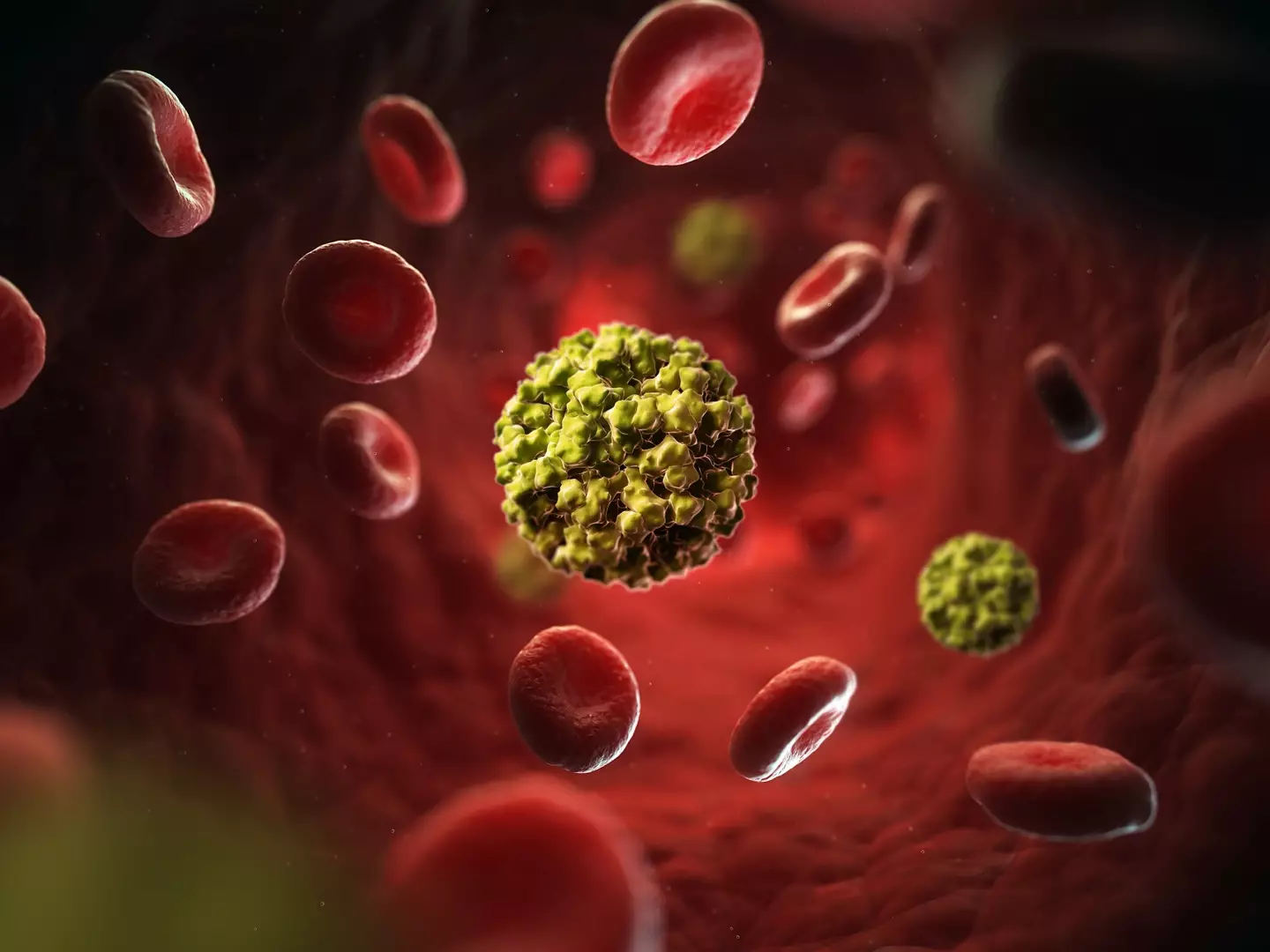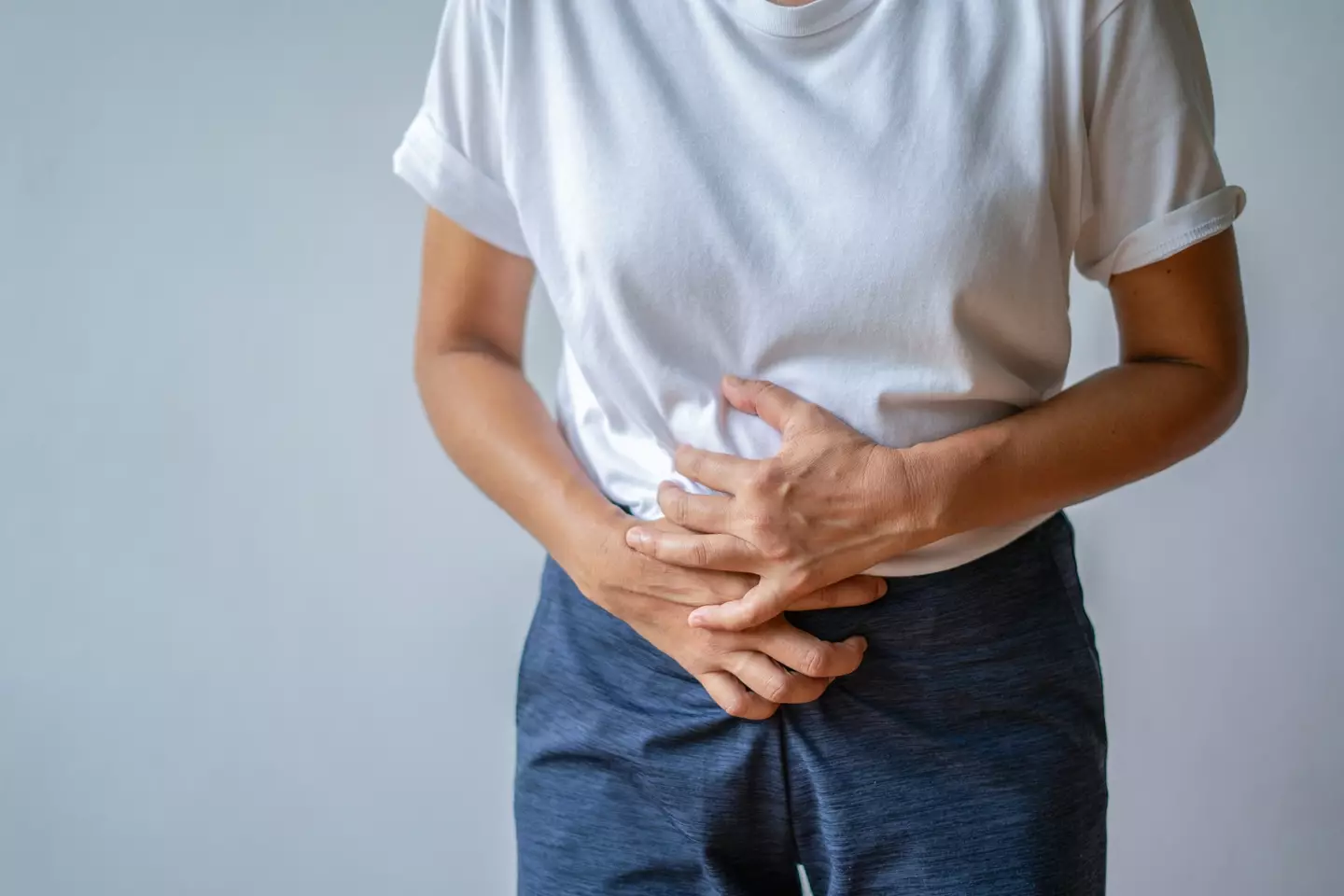
A new virus is sweeping the UK at the moment and it isn't showing any signs of slowing down.
The unpleasant stomach bug was highlighted in warnings to the British public last month as infections were higher than the seasonal average, though things have not improved since then as new variants have appeared.
The 'Kawasaki' bug, named after the Japanese city where it originated from, has emerged as a new variant of norovirus, and it actually makes up 70 percent of all existing cases of the winter bug, according to the UK Health Security Agency (UKHSA).

What is norovirus?
According to the NHS, norovirus is a stomach bug that can be 'very unpleasant', though it often goes in around two days.
Advert
Health experts are urging people that have contracted the bug to isolate themselves at home while recovering, and to stay behind closed doors for two additional days after recovering to prevent the spread - five days in total.
In the last two weeks of October, the nation saw a 16 percent increase in cases compared to the previous two weeks, reports the Mirror.
It should be noted that this is based on cases confirmed in a lab, not others that may have suffered with the infection and not got it tested.
As the number of patients admitted to hospital continue to skyrocket, a spokesperson for the UKHSA stated: "The increase of the variant has been observed in other countries and is being closely monitored."

What are the symptoms to look out for?
The NHS' official advice lists the main symptoms of norovirus, which start suddenly within a day or two of being infected, as:
Advert
- Feeling nauseous
- Diarrhoea
- Vomiting
- Having a high temperature
- Having a headache
- Arms and legs aching
You can treat yourself at home, simply by resting and drinking plenty of fluids.
Norovirus and its Kawasaki bug variant is spread by close contact with someone else who is infected, or touching surfaces or objects that have been contaminated with the virus, including eating food that has been handled by someone infected.
Washing your hands frequently with soap and water, not just hand-gels, can kill the virus.
Advert

Medical expert's advice on norovirus
The deputy director of gastrointestinal infections at the UKHSA, Gauri Godbole, revealed what you should do if you think you have contracted the infection.
"If you have diarrhoea and vomiting, do not return to work, school or nursery until 48 hours after your symptoms have stopped and don't prepare food for others in that time either," she said.
"If you are unwell, avoid visiting people in hospitals and care homes to prevent passing on the infection in these settings.
Advert
"People who fall ill with norovirus are advised to rest, get plenty of fluids and take paracetamol. Norovirus is a highly contagious virus that causes gastroenteritis, an inflammation of the stomach and intestines.
"It's sometimes referred to as the 'stomach flu' although it's not related to the influenza virus. Norovirus is the leading cause of foodborne illness and outbreaks of gastrointestinal illness worldwide, especially in places like hospitals, cruise ships, schools, and nursing homes, where people are in close quarters."